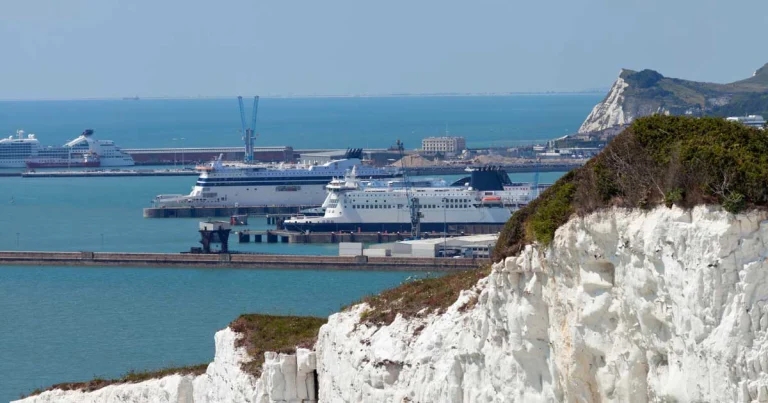12 Sept 2025
EFRA select committee said successive governments had failed to mount a sufficient response to what it called an illegal meat “crisis”.

Image: Yols / Adobe Stock
The UK has only avoided a major disease outbreak “by luck rather than design” because of serious weaknesses in the detection of illegal meat imports, a new report has warned.
Veterinary and industry groups have demanded action after MPs described diseases such as foot-and-mouth disease (FMD) and African swine fever as national security concerns.
Defra officials have insisted they are “not complacent” about the issue and claimed seizures of illegal produce have increased by 84% between 2022 and 2024.
But the EFRA select committee said “alarming” amounts of meat and dairy products were being illegally imported, and accused successive governments of failing to mount a sufficient response to what it called an illegal meat “crisis”.
Its report, published on 8 September, said: “It is our view that the UK has avoided another major disease outbreak from illegally imported meat by luck rather than design. The Government must urgently develop and deploy a new approach to tackling illegal imports.”
The message was backed by BVA junior vice-president Rob Williams, who warned of the potential for “catastrophic and costly impacts” if diseases such as FMD do get through.
He said: “The findings of this report should act as a wake-up call to Government to urgently deliver a coherent and properly resourced national strategy to tackle illegal meat imports and safeguard the UK’s biosecurity.”
Meanwhile, National Pig Association chief executive Lizzie Wilson said the committee had vindicated her group’s warning that the Government would be “complicit” in any disease outbreak if it failed to take action.
She added: “There is nowhere left to hide now. It must step up.”
The EFRA committee report sets out 12 specific recommendations for action, including work to model the risk from illegal imports, setting up a new taskforce to address the issue within weeks, and developing new strategies to reduce illegal imports and smuggling within months.
It also called for consultations on a new permanent personal import policy, the inclusion of local authorities in intelligence networks, and a legal requirement for travel operators to inform their customers of import rules.
However, the committee raised particular concerns about what it described as the “unacceptable breakdown of trust, communication and co-operation” between Defra and the Dover Port Health Authority (DPHA). It called on Defra to lead an “effective, mutual restoration” of the relationship, as well as giving port authorities specific stop, search and seizure powers.
But the department said funding worth £3.1 million had been allocated to DPHA for the current financial year and it was working with both national and local agencies on the issue.
A spokesperson added: “This Government has significantly increased seizures of illegal meat, restricted the import of dangerous animal products, and is investing more than £200 million in a new national biosecurity centre.
“We will consider the recommendations of the EFRA committee as we continue to work closely with port operators, industry, trade partners and Border Force to protect our food security, farmers and economy.”